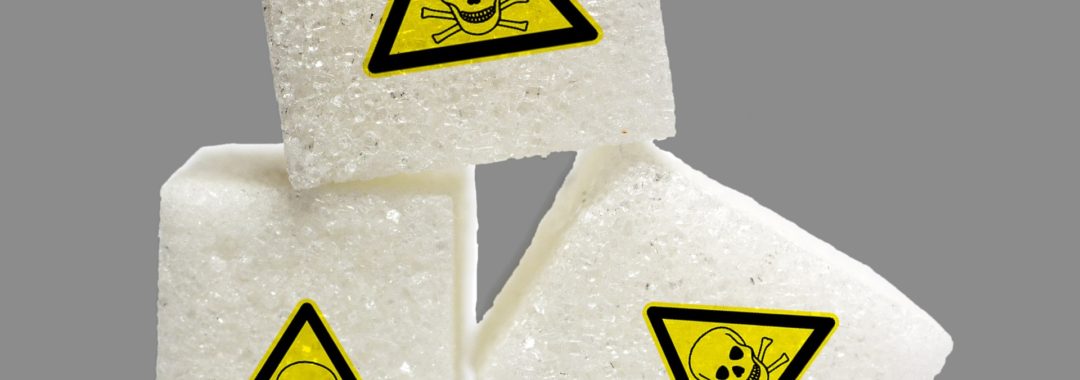Many men often believe they have healthy sperm and healthy semen just because they were born male. The fact is that these days men’s sperm is now not as good as men’s sperm was 50 years ago. Much of this is now blamed on environmental estrogens and also dietary and lifestyle factors. Let’s face it, many guys are big alcohol drinkers, they eat poorly and some of the population are also indulging in recreational drugs regularly too.
To put it honestly, many of the male populations sperm are drunk, stoned and have so many defects from the lifestyle their owner has been living. The fluid they swim in, the seminal fluid, is often contaminated and not that much better.
While many men may want to believe they could impregnate every woman in their sight, or at the local bar, many men are flat out getting the woman they are with pregnant.
As I have often said, many often look at the female as being the major factor in the reproductive and fertility journey, yet to be honest; men are more than 50% of the issues faced with fertility and up to 85% of miscarriage issues are related to chromosomal and DNA factors related to sperm. These chromosomal and DNA factors cannot be seen in a routine semen analysis either and does require specialised genetic testing.
Men’s overall health is reflected in his sperm and semen and this health is now known to be passed onto his offspring. Yes, what men eat, drink, smoke, think etc, is passed onto his offspring. That is why we say the healthier the man is, the healthier his sperm is. Healthy men produce healthy babies.
The colour of semen
Much can be seen in the quality of men’s sperm and much can also be seen by the colour of the seminal fluid that sperm are carried in. While semen is typically a whitish-gray colour, there are some instances when semen may appear as a different colour, which is commonly yellow. Sometimes producing unusual coloured semen is a once-only occurrence. Other times, a man may notice a more consistent change in the colour of his semen. Although this occurrence is not always a cause for concern, there are some instances when semen colour change can be an indicator of an underlying medical condition, or that a man’s health and lifestyle may be affecting his seminal fluid and his sperm.
Fast facts about semen and colour changes
Semen is a gel-like liquid that males emit during ejaculation or sexual release. Semen contains sperm, which can fertilize a female egg. Several glands and male reproductive organs are responsible for producing semen and transporting it for ejaculation. Dysfunction of one or more of these areas could lead to semen colour changes. Treatments for unusual coloured semen will depend upon the underlying cause.
Semen as a substance is a combination of secretions from the male reproductive glands as well as sperm. Changes and disruption to these areas are what cause colour changes.
Colour changes to semen and what is could mean:
Yellow Semen
One of the main colour changes seen in sperm is that is changes to the colour yellow.
The urethra is the tube that urine and semen pass through, so urine may mix with semen to change the colour. Although semen is usually a whitish-gray color, some men may have sperm that can change to a yellow colour. However, if yellow semen represents a significant colour change for a man, this could be cause for concern.
While semen that is light yellow is not usually a cause for concern, there are instances when a man should see a doctor for yellow semen, especially when the semen is a dark yellow.
If a man has other symptoms, such as yellowing skin, fever and high temp, the semen that has a terrible smell, or he experiences pain when ejaculating, he should see his doctor.
Some potential causes associated with yellow semen include:
- Jaundice: This results when the liver a dsyfunction of the liver, or when the liver is in overload. Jaundice can causes yellowing of the eyes and yellowing of the skin and the semen can appear yellow too.
- Abnormally high white blood cells: Inflammation can produce excess white blood cells. When there is infection, or inflammation, additional white blood cells can cause semen to appear yellow.
- STIs: A sexually transmitted infection may also cause yellow semen. It may also cause other symptoms and cause the semen to have a terrible smell too.
- Dietary changes: Eating certain refined foods can cause yellow semen. The smell of ejaculate may also change if a man eats strong-smelling foods, or have too much alcohol, or recreational drugs.
- Infrequent ejaculation: If a man has not ejaculated in some time; the semen is more likely to have mixed with urine. The quality of semen and sperm is affected by infrequent ejaculation too. Storing it up makes it worse, not better and this is why regular ejaculation is important for sperm quality.
Other semen colour changes and what they may mean
Semen can be other colours too. Some other potential colour changes a man may notice include:
- Brown or red: Sometimes blood vessel may burst around the seminal vesicles. The release of blood can cause semen to take on a brown or red appearance. If the semen continues to be red after 1 to 2 days, a man should seek medical treatment.
- Green-tinted: Green-tinted semen can indicate a potential infection of the prostate or surrounding tissues. A man who has green semen may need to see his doctor.
What do if your semen colour changes
It is not completely abnormal for a man to produce semen that varies in colour, texture, and even smell. This can be caused by a man’s diet, lifestyle, amount of alcohol he drinks, drugs consumed, medications he is taking, and the amount of time since he last ejaculated. Stress can also affect his sperm and semen.
If a man notices something out of the ordinary, or his semen remains discoloured for an extended period, he should contact his doctor who can diagnose the potential cause and provide peace of mind. Sometimes medications and antibiotics may be needed. In severe cases surgical intervention and hospitalisation may be needed too.
Regards
Andrew Orr
-Master of Reproductive Medicine and Women’s Health Medicine
-‘No Stone Left Unturned’







